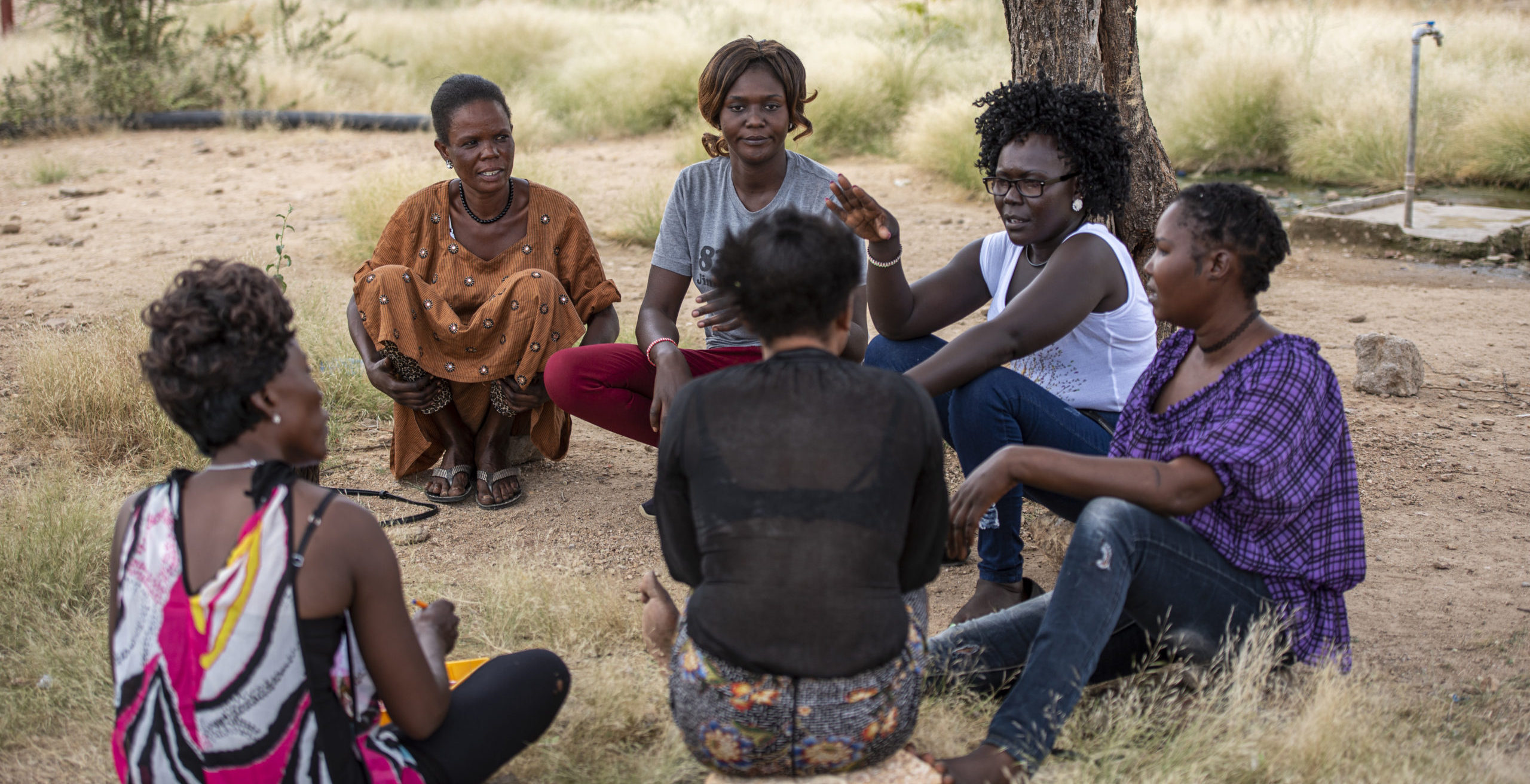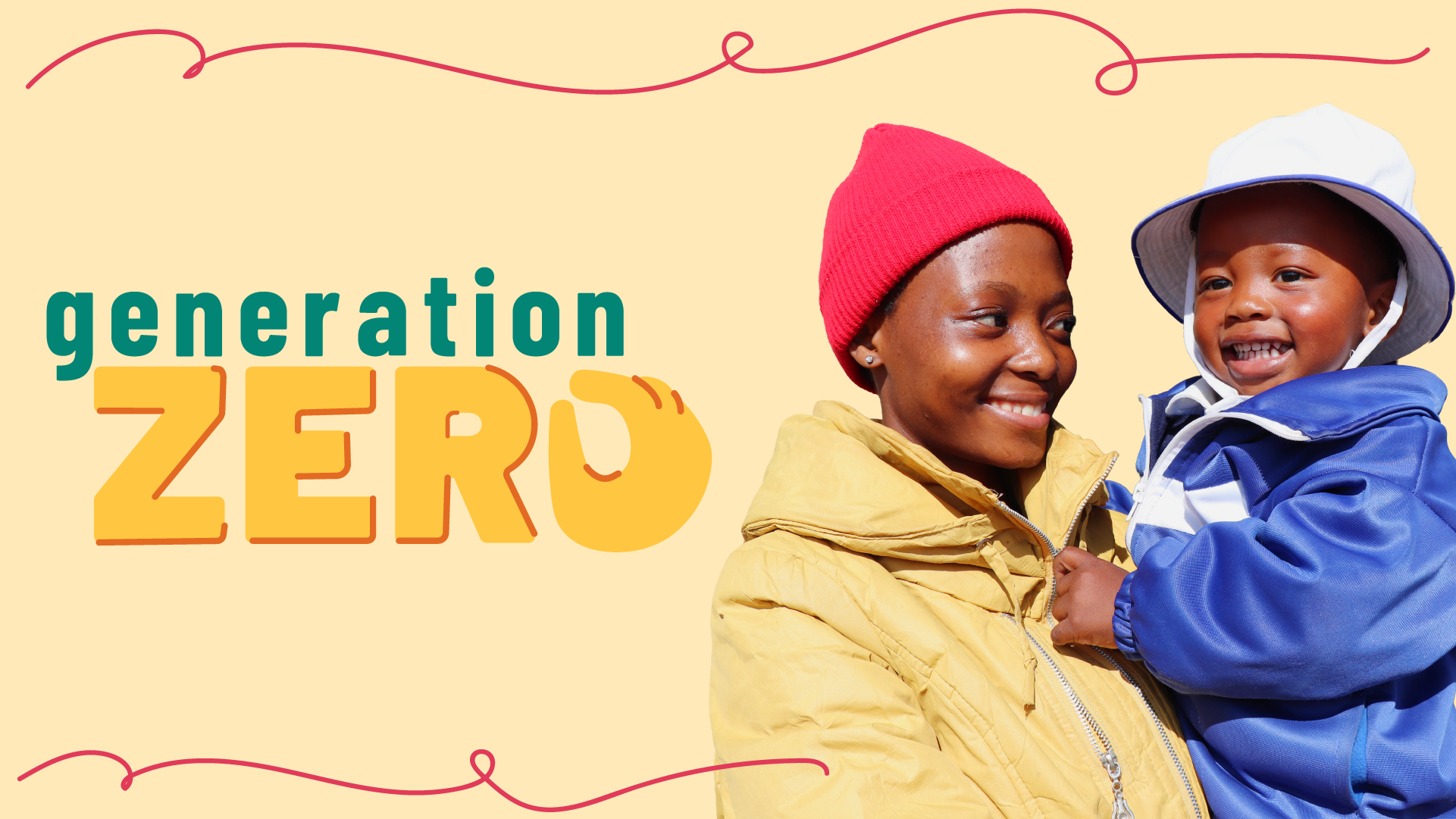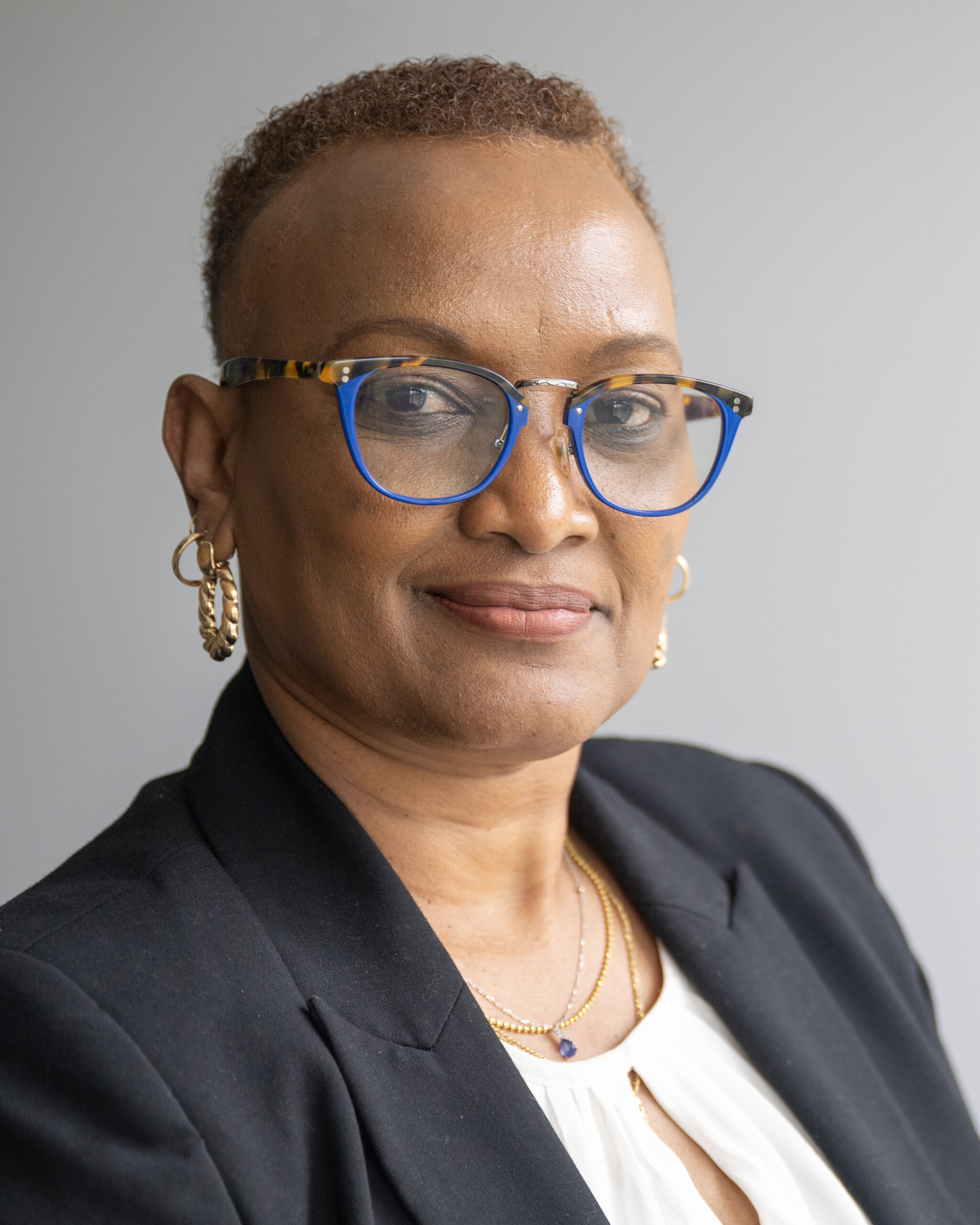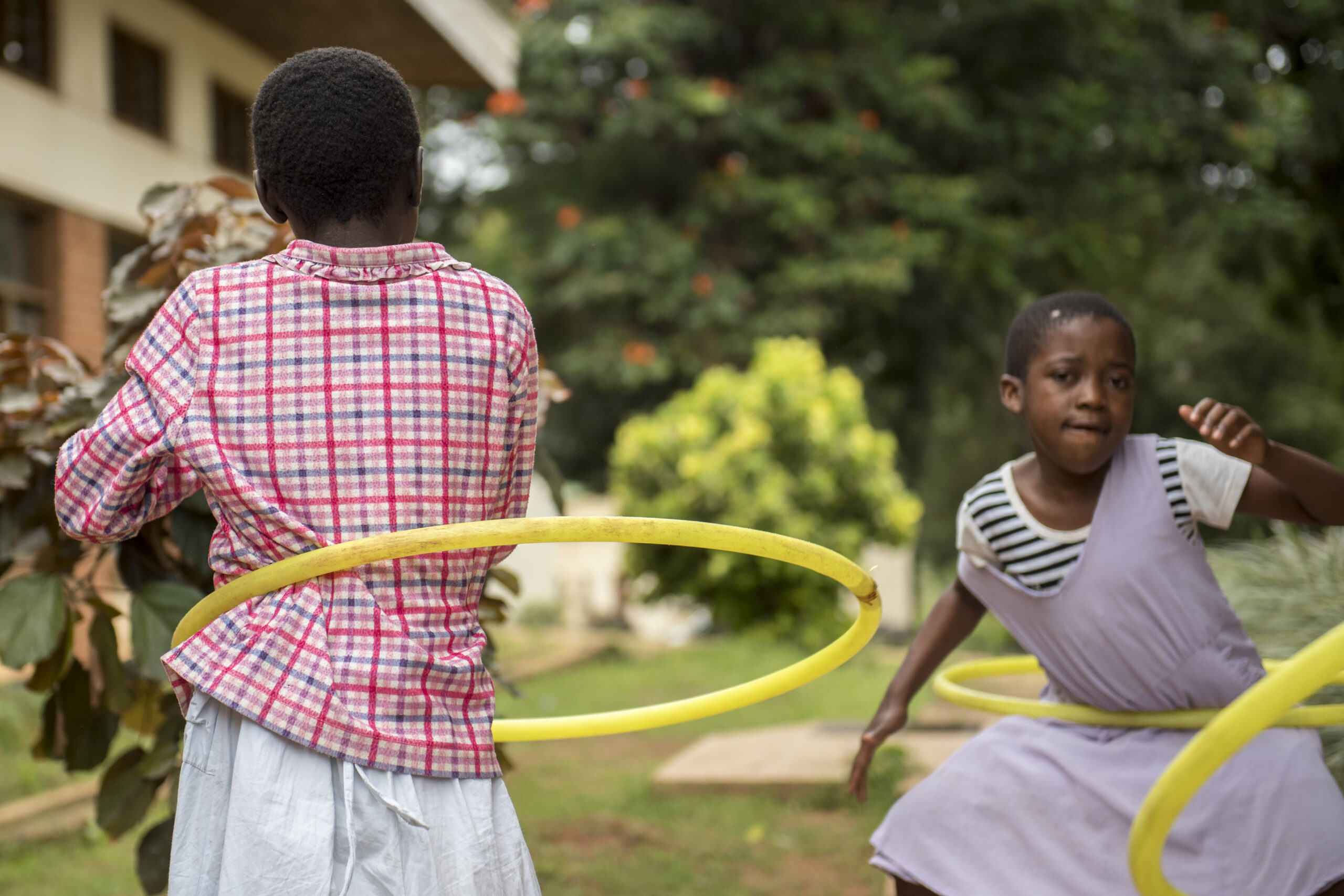 “Through the gender-based violence curriculum, I have learned that I have rights as a sex worker, and that I can report cases of violence to authorities,” says Isabella Cherobon, speaking to a half-dozen other women sitting under an acacia tree behind the Lokichar Sub-county Hospital in Turkana County, Kenya. “It has also helped me to be open as a sex worker and how to negotiate condom use.”
“Through the gender-based violence curriculum, I have learned that I have rights as a sex worker, and that I can report cases of violence to authorities,” says Isabella Cherobon, speaking to a half-dozen other women sitting under an acacia tree behind the Lokichar Sub-county Hospital in Turkana County, Kenya. “It has also helped me to be open as a sex worker and how to negotiate condom use.”
Isabella and the other women are members of a support group for sex workers formed at the hospital, which also provides a dedicated drop-in center for sex workers. In their group sessions, the women share experiences and educate each other on a range of topics to ensure that each member is healthy and safe—for example, how to handle a client who refuses to wear a condom. Today, one of the women demonstrates how to include a condom in foreplay.
Wedged between Uganda, South Sudan, and Ethiopia, Turkana is Kenya’s most impoverished county. However, the 2012 discovery of oil in southwest Turkana County has disrupted the economy, bringing more jobs and money into the area—along with a boom in sex work.
More than 40 percent of the female sex workers in Turkana County are living with HIV, making them a key population in Kenya’s HIV prevention and treatment effort.
Isabella and the other women belong to a coalition of 322 sex workers in Turkana South who support each other’s well-being thanks to a key populations program launched by the Elizabeth Glaser Pediatric AIDS Foundation (EGPAF) in 2017. Through the key population drop-in center, sex workers in the area receive HIV testing, care, and treatment; family planning services; cancer screening; reproductive health services; gender-based violence support; and psychosocial support.
Isabella is HIV-free, but she was not taking precautions before learning more about HIV through the program. “I used to hear from other sex workers that there is a program for women like us, but it’s only after I attended the first meeting that I took it seriously. We learned about HIV, STIs [sexually transmitted infections], and cancer.

“It was very eye opening because I was having sex without protection and exposing myself to a lot of problems,” says Isabella. “When I would get condom bursts, I was always hopeless about what to do, not knowing that I could come to the clinic here at Lokichar and get [post exposure prophylaxis] treatment.” Post exposure prophylaxis, also known as PEP, greatly reduces the risk of HIV transmission after exposure.
“I have decided not to have any more children and family planning services offered here have helped me fulfil that wish,” Isabella continues. “There are so many things I have learned from this program, and I hope it continues to empower us about our health and rights.”
EGPAF Senior Program Officer Rose Mutai says that reaching sex workers almost always requires overcoming the prejudices of health workers and public safety officials.
“We had a lot of stigma [toward sex workers] before,” says Rose Cherotich, an outreach worker at the drop-in center. “I did not understand why we needed to work with these women. But EGPAF educated us. With numerous trainings, I was able to change. I want to help them to live healthy lives.
“New HIV infections are now minimal in this cohort, thanks to the program, and if given the chance, I would really want to achieve [zero new infections],” she says.
Because sex workers frequently experience gender-based violence, EGPAF has also partnered with the Kenya Police Service in Lokichar Sub-county to ensure their safety. Gender-based violence not only violates the human rights of the individual, but it also increases her risk of being infected with HIV. And it can present a barrier to accessing HIV services.
“As the police, we have the mandate to protect all people,” says William Adenyo, the deputy police commander for Turkana South. “When we get complaints [of gender-based violence], we carry out investigations. For those who need treatment, we refer them to the hospital.”
To further ensure the safety of the women, EGPAF stations “champions” against gender-based violence at locations where sex workers operate. The champions report all cases of violence to the police and refer the injured parties to clinical services.
Peer educators are key to the key populations program. Celina Maraka, who is sitting next to Isabella, expresses a passion for her work as a peer educator—often traveling beyond the city limits to enroll sex workers into the program and link them to services.
“I work with sex workers who are HIV-positive,” says Celina. “I follow up with them personally and ensure they come to the clinic for treatment. I educate them on safe sex and adhering to their antiretroviral medication. I also follow up with those who [miss their appointments] or are not taking their drugs.”

Celina became a sex worker after her husband died, and her family needed an income. Celina’s health began to decline soon after. She became weak and developed lesions all over her body. Celina tested positive for HIV. She credits the key populations program at Lokichar Sub-county Hospital for bringing her back to health.
“Where this program has brought me from I cannot even fathom,” says Celina. “I learned about condoms, so I do not get STIs. I also learned about adhering to antiretroviral therapy from this program. I feel healthy because the medications have helped me suppress my HIV.
“As a peer educator, I have some money to educate and feed my kids,” Celina adds. “I am so grateful to EGPAF. You have boosted us. I am healthy, and my kids are well.”
“When I look at the ladies in Lokichar, I am proud to see how they have come together and empowered themselves,” says Rose Mutai. “This is a job I really enjoy doing. It is actually inside my heart.”




